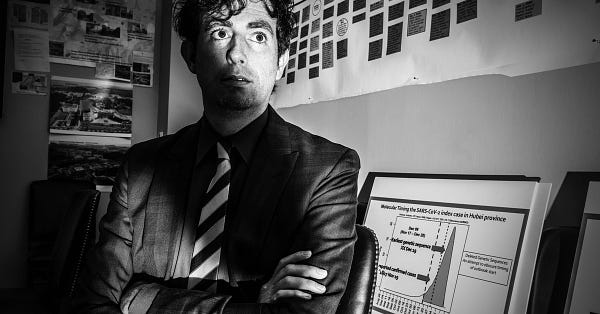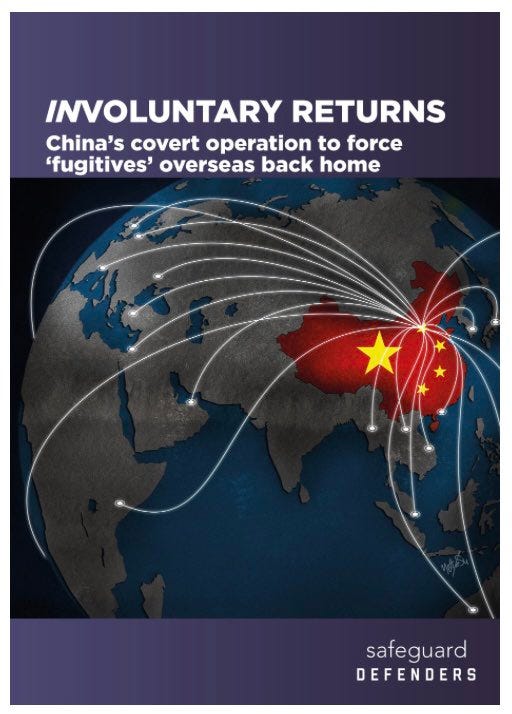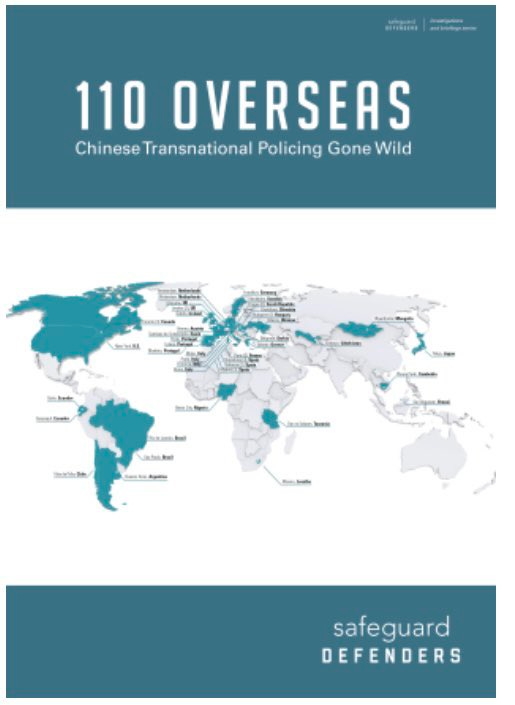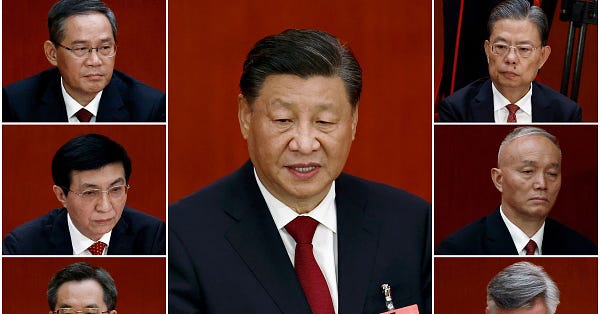For our last dispatch of October, a look at the explosive story about the Wuhan lab where COVID-19 is suspected to have leaked from, how the ongoing lockdowns in China are leading to new waves of protest, updates on secret police stations and the Communist Party Congress, and the significance of one giant panda reaching the end of his life.
Wonderings about Wuhan


The Wuhan Institute of Virology was a “biocomplex in crisis” in November 2019 as security issues drew the attention of Xi Jinping. Revelations make the coronavirus outbreak that occurred shortly thereafter look less than coincidental. But the details supporting a lab-leak theory are typically being dismissed by China as “fabricated.”
Lockdown patience expiring


Lhasa is the Tibetan capital where a protest erupted against a three-month COVID-19 lockdown after 74 days, which appeared in footage later deleted on Chinese social media. Meanwhile, workers at an iPhone factory in Zhengzhou fled after an outbreak triggered a lockdown, and Universal Studios Beijing closed down in compliance with zero-COVID policy.
Secret policing exposures



The report on covert Chinese operations to force “fugitives” living overseas back home continues to reverberate: Canada is now formally investigating reports of such secret police stations, while a U.S. judge issued an indictment against even suspects in Brooklyn, New York. Locations of similar sites around the globe are increasingly coming to light.
The seven men in charge
The 20th National Congress of the Chinese Communist Party ended with the introduction of the rest of the Standing Committee backing Xi Jinping, and now they face economic headwinds. Still a mystery is why former leader Hu Jintao was escorted out. (Footage shows him engaged in an argument beforehand.)
Tuan Tuan’s symbolic end

Recent tensions involving China and Taiwan were put aside as Tuan Tuan fell gravely ill at the Taipei City Zoo. The male giant panda was a gift from Beijing in 2008—when relations were more cordial—along with his breeding mate Yuan Yuan. Those two names translating as “reunion” in Chinese was a nod to aspiring toward an imminent unity between nations.






Yep